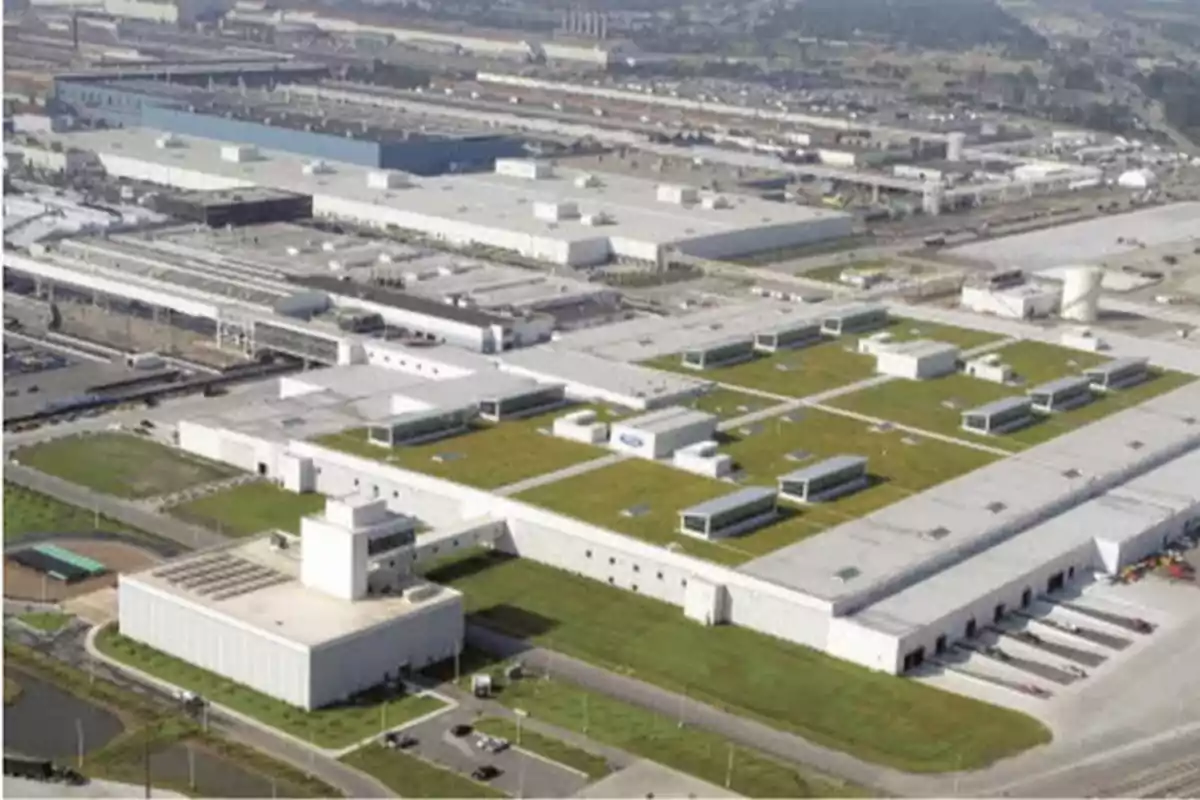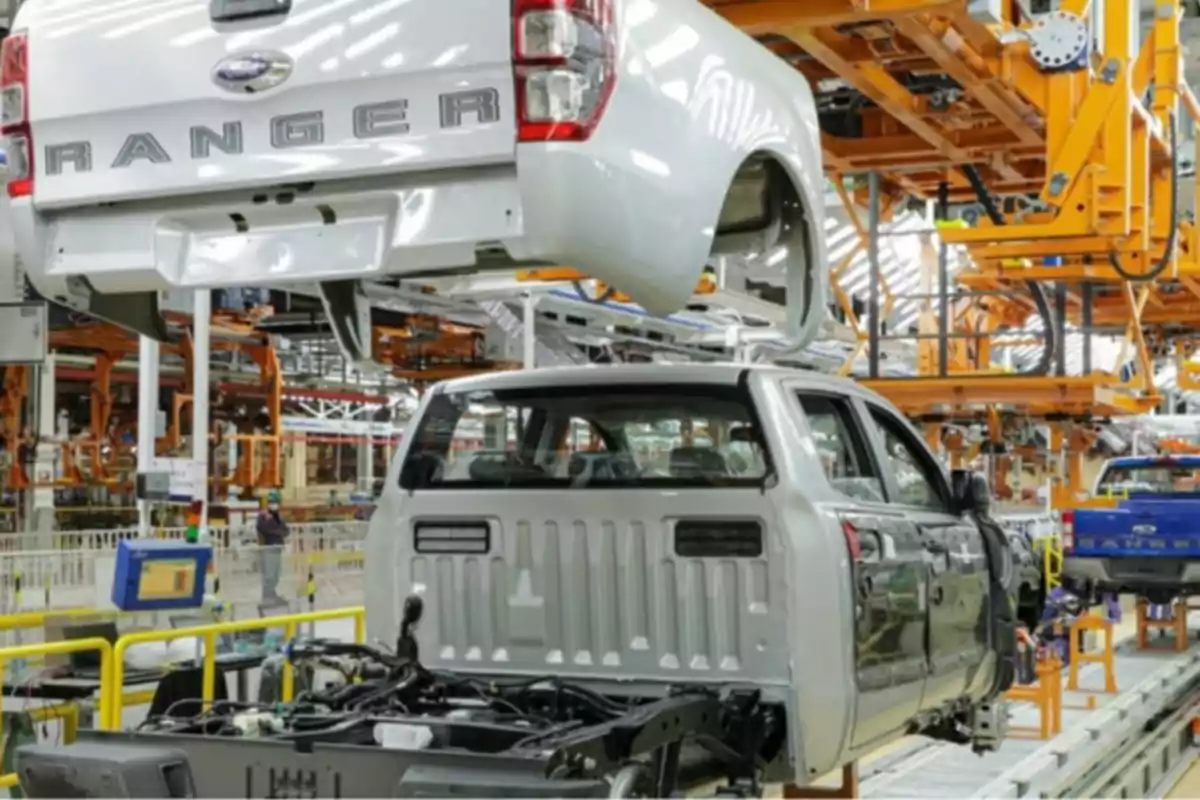
Ford will expand its production in Argentina with an investment of USD 40 million
The American automaker is strengthening its industrial commitment in the country with the expansion of its plant in General Pacheco
Ford Argentina announced a new USD 40 million investment in its General Pacheco plant, aiming to increase its production rate and diversify the range of its Ford Ranger pickup. This capital injection raises the total investment to USD 700 million over the past three years in the Ranger platform, consolidating the company's commitment to local industrial development and regional integration.
The project includes two main developments. On one hand, the production speed will be increased again, which will allow for an annual volume exceeding 80,000 units, 30% more compared to the total for 2024 and 15% above the current plan. This pace represents a historic record for Ranger manufacturing in the country.
On the other hand, two new single cab configurations will be added, one with chassis and another with box, specifically aimed at work, with 25% more load capacity—exceeding 1,250 kilograms (2,755 pounds)—and 40% more usable volume.

This production advance will bring the addition of 150 new jobs, adding to the 160 already created in the first stage of the year. Thus, the General Pacheco plant will reach by the end of 2025 a workforce of nearly 2,800 workers, maintaining its two-shift operational scheme, but with greater efficiency and scale.
"Customer response exceeded our most optimistic expectations and drives us to take another step to supply local and regional demand", explained Martín Galdeano, president of Ford Argentina and South America.
"With this new investment, not only are we taking Ranger's production capacity to a historic record level, but we're also expanding the Ranger line-up with a highly anticipated single cab body variant. It's a source of pride to see how Ranger continues to drive Ford's growth in the pickup segment in South America", the executive added.
For this year,Ford projects reaching a volume close to 75,000 units produced, with a strong boost from exports, especially to Brazil, which absorbs half of the shipments. The new single cab versions will account for around 10% of the total production volume and 70% of these units will also be destined for external markets.
The offering of these versions will include options with manual and automatic transmission, as well as single or 4x4 traction. All will be equipped with the 2.0 biturbo engine with 170 horsepower, already present in other models in the line-up.

The decision to move forward with this product line was also facilitated by recent regulatory reforms. The elimination of LiNTI (National Interjurisdictional Transport License), which previously penalized the use of single cab pickups by considering them cargo vehicles, created a disadvantage compared to double cab pickups.
"We're going to export 70% of the single cab Rangers, which means that demand existed outside Argentina and that's why we're doing it. However, it will clearly help the local market because it was something that 'killed' a segment that can now have its customers again", emphasized Galdeano.
Additionally, the company highlighted the positive impact of current discussions with the national government on tax matters for the development of industrial projects. "What is helping these decisions the most are the discussions about tax reductions that we're having with the government. We had PAIS tax, taxes on top of taxes that caused these programs to collapse", stated the regional head of the automaker.
In this regard, the executive emphasized the need to move toward tax simplification that allows for strengthening local value chains. "The tax that by its nature burdens a project with taxes are those applied throughout the value chain. It affects you, your supplier, and your supplier's supplier. If you pyramid Gross Income and municipal taxes across the entire chain, instead of localizing a supplier in front of our factory, then it's more convenient to import the part you could manufacture in Argentina", concluded Galdeano.
Ford's expansion is taking place in a more orderly macroeconomic context, where signs of fiscal predictability, trade openness, and deregulation are beginning to generate concrete effects in terms of investment, employment, and export competitiveness.
More posts: